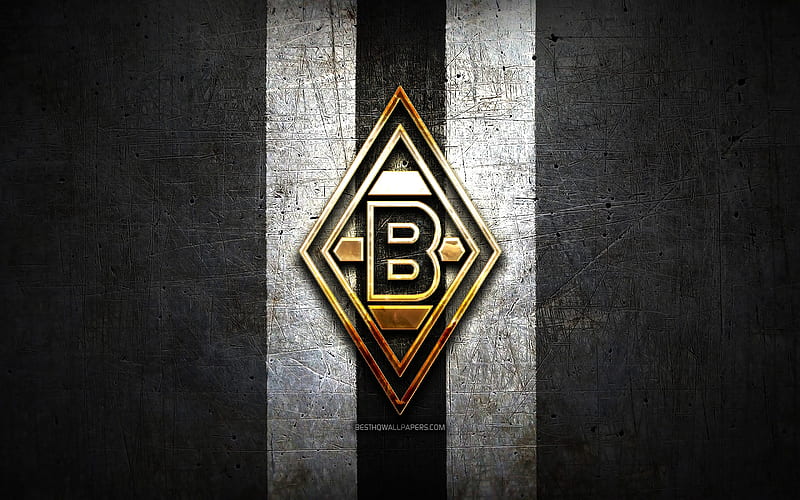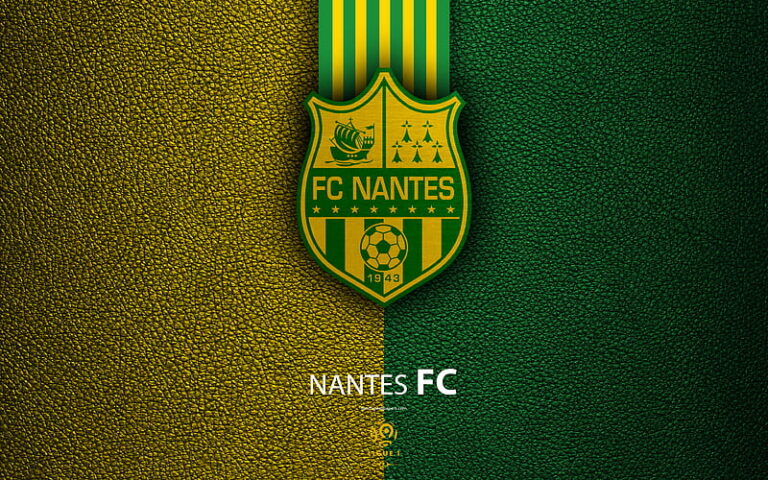
Borussia Mönchengladbach, affectionately known as “Die Fohlen” (The Foals), is one of Germany’s most storied and exciting football clubs. Based in North Rhine-Westphalia, the club has captivated fans with a blend of attacking football, historic triumphs, and a legacy rich with talent and determination. From the golden era of the 1970s to its modern-day resurgence, Borussia Mönchengladbach remains a pillar of cakhiatv Bundesliga tradition.
Humble Beginnings, Rapid Rise
Founded in 1900, Borussia Mönchengladbach began as a small local club but steadily climbed the German football ladder. Their defining breakthrough came in the late 1960s and 1970s under legendary coach Hennes Weisweiler, when a youthful, high-tempo squad stunned the country.
The nickname “The Foals” came to represent their quick, energetic, and fearless style of play — characteristics that still define the club’s identity today.
Goals and Glory: A Club That Loves to Score
Over its long and proud history, Borussia Mönchengladbach has scored over 3,800 goals in Bundesliga competition alone — placing them among the top scoring teams in German league history. Their attack-first mentality is woven into the fabric of the club.
Legendary scorers include:
- Jupp Heynckes – The club’s all-time leading scorer with 195 goals.
- Uwe Rahn and Allan Simonsen – Key attackers during the golden era.
- Marco Reus – A star of the modern generation who began his rise at Gladbach.
- Raffael – A fan favorite who delivered creative brilliance in the 2010s.
Their attacking style continues to thrill fans at the Borussia-Park, a 54,000-seat stadium that pulses with passion during every matchday.
Trophy Cabinet: A Golden Era to Remember
While the club has experienced ups and downs, their 1970s dominance remains one of German football’s most iconic dynasties.
🏆 Major Titles:
- Bundesliga Champions: 5 times
(1969–70, 1970–71, 1974–75, 1975–76, 1976–77) - DFB-Pokal (German Cup): 3 times
(1960, 1972–73, 1994–95) - UEFA Cup Winners: 2 times
(1974–75, 1978–79) - UEFA Cup Runners-up: (1972–73, 1979–80)
That golden generation, featuring players like Berti Vogts, Rainer Bonhof, and Allan Simonsen (who won the Ballon d’Or in 1977), left a permanent mark on European football.
The Modern Era: Stability and Rebuilding
After a challenging period in the 1990s and early 2000s, Gladbach returned to prominence. The club has re-established itself as a regular contender in the Bundesliga and a frequent participant in European competitions.
Under managers like Lucien Favre, Marco Rose, and Daniel Farke, Borussia Mönchengladbach has developed and showcased talents such as:
- Granit Xhaka
- Thorgan Hazard
- Marcus Thuram
- Jonas Hofmann
The club’s commitment to youth development, combined with smart recruitment, has made them a dangerous opponent for any side in Europe.
Culture and Community
Mönchengladbach’s fan base is one of the most loyal and vibrant in Germany. The club’s identity is rooted in working-class values, resilience, and community pride. The Foals have a fierce rivalry with 1. FC Köln — the Rheinland Derby, which brings out some of the most intense atmospheres in the Bundesliga.
The club also maintains a strong commitment to social responsibility, grassroots football, and supporter engagement, staying true to the traditions that have defined it for over a century.
Looking Ahead: Writing a New Chapter
While trophies have eluded Borussia Mönchengladbach in recent decades, their ambition remains high. With strong leadership, exciting talent, and a dedicated fan base, the Foals are galloping toward a bright future.
Whether battling for European places or crafting the next generation of stars, Borussia Mönchengladbach continues to honor its glorious past while building toward new triumphs.



